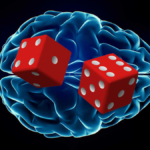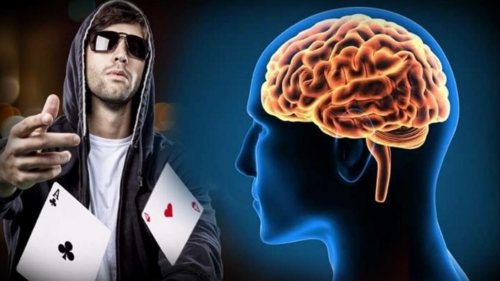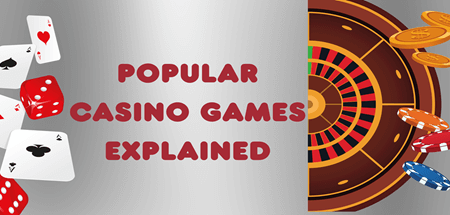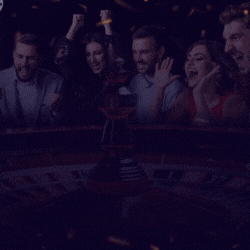 Gambling has been a part of human culture for thousands of years, with people placing bets on various games and events to win money or other prizes. The psychology of luck in gambling influences the role of chance in gambling has always been a crucial factor, with luck often determining the outcome of a game or bet.
Gambling has been a part of human culture for thousands of years, with people placing bets on various games and events to win money or other prizes. The psychology of luck in gambling influences the role of chance in gambling has always been a crucial factor, with luck often determining the outcome of a game or bet.
In this article, we will explore the traditional and modern cultural and psychological factors that influence the role of chance in gambling, including the impact of technology and online gambling.
Historical and Current Cultural Attitudes Towards Luck and Gambling
Different societies have had varying attitudes towards luck and gambling throughout history. In some cultures, gambling was considered a harmless pastime; in others, it was viewed as a sinful activity that should be avoided. For example, in ancient Greece, gambling was a common form of entertainment, with people playing games like dice and board games for money. However, in medieval Europe, gambling was considered a sin and was often associated with cheating and deception.
In modern times, attitudes towards gambling have become more accepting, with many countries legalizing various forms. However, some cultures still view gambling as taboo, such as in specific religious communities.
Impact of Superstition and Ritual on Psychology of Luck in Gambling
Superstitions and rituals have played a significant role in gambling behaviour throughout history, with many people believing that specific actions or objects can influence the outcome of a game. For example, some people may wear lucky clothing or carry charms when gambling.
In modern times, superstitions and rituals still influence gambling behaviour, but they have taken on new forms in online gambling. For example, some online gamblers may believe that clicking the spin button at a particular time of day or in a specific sequence will increase their chances of winning.
Human Brain’s Perception of Psychology of Luck in Gambling
The human brain’s perception of luck can influence gambling habits, with some believing they are inherently lucky or unlucky. This perception can lead to risky gambling behaviours, such as chasing losses or placing larger bets than intended.
In modern times, technology has significantly shaped the human brain’s perception of luck. For example, online gambling platforms often use algorithms to generate random outcomes, making it more difficult for players to understand their odds of winning. Additionally, social media and other online platforms can reinforce the idea that luck plays a significant role in our lives.
 Impact of Past Experiences on an Individual’s Relationship with Luck
Impact of Past Experiences on an Individual’s Relationship with Luck
Past wins or losses can shape one’s gambling relationship: some become addicted to the thrill of winning, while others avoid it after significant losses. Traditionally, gambling was a social activity where friends and family gathered to play games and place bets. These social experiences could help to mitigate the adverse effects of losing.
In modern times, online gambling has changed how people experience gambling, with many people now gambling alone rather than in social settings. This can increase feelings of isolation and depression when losses occur, exacerbating problem gambling behaviour.
Can Individuals Cultivate a “Lucky” Mindset?
Some evidence suggests that individuals can cultivate a “lucky” mindset through techniques like visualisation or positive thinking. These techniques may have been more prevalent in traditional societies, with people using rituals and affirmations to increase their gambling luck.
Modern technology has opened new opportunities for individuals to cultivate a “lucky” mindset. For example, some online gambling platforms offer “luck boosters” or other features to help players feel more confident when gambling.
The cultural and psychological factors that influence the role of chance in gambling have evolved in response to technological advancements. Online gambling has reshaped superstitions and rituals, while algorithms and social media affect the human brain’s perception of luck.
The impact of past experiences on an individual’s relationship with luck and gambling has also changed. Online gambling allows individuals to gamble alone and may lead to feelings of isolation and depression after losses.
While evidence suggests individuals can cultivate a ‘lucky’ mindset, technology’s impact on such techniques is still under exploration.
Overall, the cultural and psychological factors that influence the role of chance in gambling are complex and multifaceted. Understanding these factors helps us shape gambling behaviours and promote responsible gambling practices.









